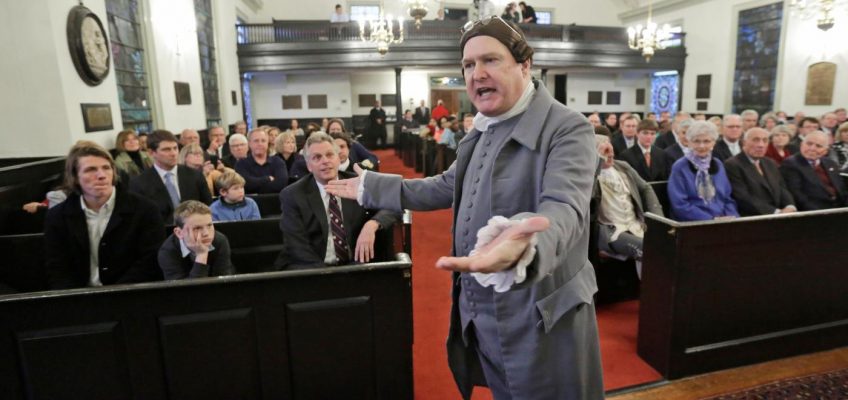A driver who admitted to hitting two women with her car during an August dispute in Maplewood — killing one who was dragged across the pavement — was sentenced to more than 20 years in prison Monday.
Ashley Renee Couch, 35, of St. Paul, previously pleaded guilty to second-degree unintentional murder for the killing of Zakirrah Laniyah Cheyan Anderson, 23, of Minneapolis, and second-degree assault for striking the second woman, who went airborne over the car and was injured. Couch left the scene and was arrested the next day.
Ramsey County District Judge Maria Mitchell followed a Jan. 10 plea agreement and gave Couch the agreed-upon prison sentence: 18½ years for the murder conviction and a consecutive 1¾-year term for the assault. She will receive credit for 222 days already served in custody.
Ashley Renee Couch (Courtesy of the Ramsey County Sheriff’s Office)
The deadly encounter, which was recorded on Snapchat video, happened at the intersection of Larpenteur Avenue and Dieter Street around 9:15 p.m. Aug. 14 after Anderson and two other women were shot at about two hours earlier on St. Paul’s East Side, according to the criminal complaint. A fight between the two groups was then planned.
Couch was not charged with intentional murder in Anderson’s killing, her attorney noted after the sentencing. “She intended to hit them with her car, but didn’t intend to kill anyone,” Assistant Ramsey County Public Defender Greg Egan. “And that’s what the charge reflected.”
At the time of the killing, Couch was driving without a valid license; it had been revoked in October 2019 for an insurance violation, according to the state Department of Public Safety. She was on probation in Dakota County stemming from a 2022 conviction for possession of burglary tools, court records show.
Couch has a lengthy criminal history with numerous convictions. Her felony convictions include aiding and abetting drive-by shooting and terroristic threats, from separate cases. In 2011, she was convicted of gross misdemeanor child endangerment after authorities said she slammed her 18-day-old baby into a snowbank in Minneapolis.
‘Big heart full of empathy’
According to the Aug. 16 complaint, paramedics at the scene treated Anderson, who had “catastrophic injuries” consistent with being dragged under a vehicle. She was taken to Regions Hospital, where she was pronounced dead a short time later.
Anderson had a “big heart full of empathy” and left behind “a darker world without that big beautiful smile,” her family wrote on a GoFundMe page in August. “This life will never be the same without her for anyone who even had a small moment of this life with her.”
Zakirrah Laniyah Cheyan Anderson of Minneapolis (Courtesy of GoFundMe)
Investigators were told the altercation started when Anderson and her two friends were shot at by the “same group of girls” in St. Paul near Hazelwood Street and Ames Avenue around 7 p.m., the complaint says. The two groups arranged to fight at Wakefield Park in Maplewood at 9 p.m.
Investigators reviewed video that showed the three women were parked at Larpenteur and Prosperity Street waiting to fight. A dark blue 2012 Dodge Charger turned onto Larpenteur and then crashed into the open driver’s side door, right where the three women were standing. Two people are heard on camera repeatedly asking “Where’s Ziggy?” and then one screams, “She’s on that car still,” the complaint says. They found Anderson about a block away, lying in the road.
Meanwhile, authorities received a tip that Couch had been driving the Charger and hid it afterward. Police found the damaged car around 5 a.m. the next day in an alley in St. Paul’s Dayton’s Bluff neighborhood. The car was missing its rear license plate and trash cans had been placed in front of it.
Couch was arrested the same day. In an interview, she told investigators that she had been at the intersection to watch a fight and that her baby had been in the car with her. She said she tried to leave when people began talking about weapons. She said she saw one woman get hit and then get up. Then, after watching the video with investigators, she told them, “I don’t see me hitting no other girl.”
Courtroom animosity
Related Articles
Feds want Justin Eichorn to remain in custody after he allegedly lied about gun, sought to conceal evidence
Parkview Avenue residents file emergency injunction against St. Paul to save their trees
‘Her name is Darisha,’ sister of teen intentionally struck in Forest Lake says at killer’s sentencing
4 sentenced to prison in Colombia for murder of Twin Cities comedian
Jury convicts alleged ringleader of massive Feeding our Future fraud scheme
Later, animosity between Couch and Anderson’s family and friends spilled over to a courtroom. At an Oct. 22 scheduling conference, a woman in the gallery yelled an expletive at Couch, who then stood up and yelled one back, according to a court transcript.
A courtroom deputy stepped in and escorted two women out. The judge let Couch know that she would be excluded from the hearing and that her attorney would make a bail argument on her behalf. Couch nodded that she understood, then directed another expletive to the gallery, which led to another volley of expletives.
“This was an emotionally heavy case for all parties involved,” Couch’s attorney said after Monday’s sentencing. “We’re relieved that it’s been concluded, and we think the outcome is fair. And as a defense attorney, I can assure everyone she is something more than what she did on the worst day of her life.”




